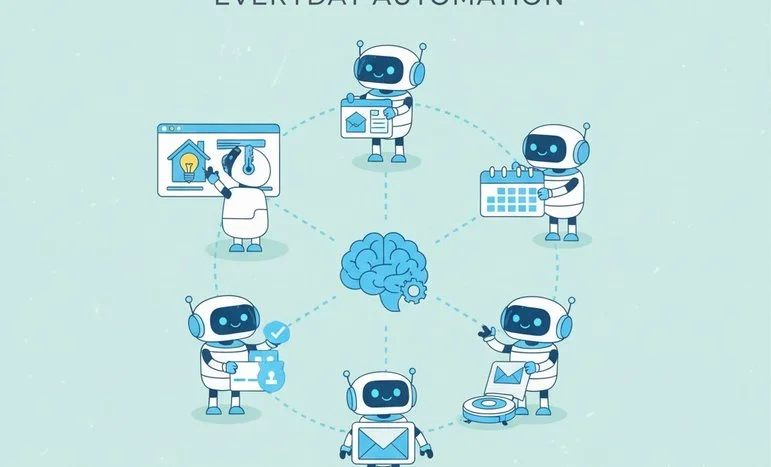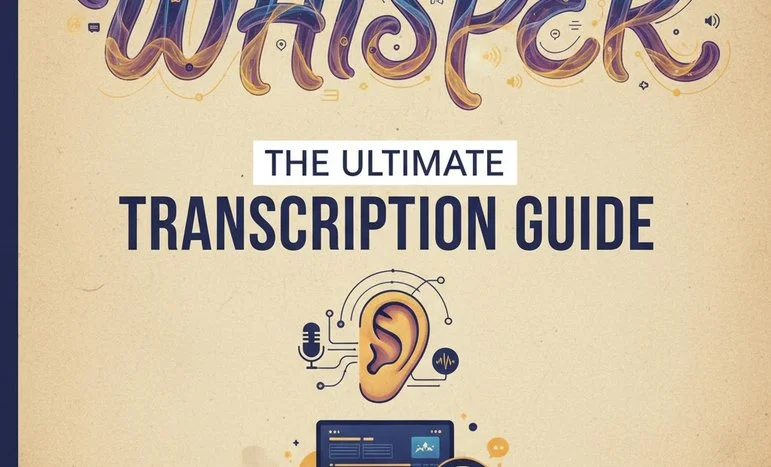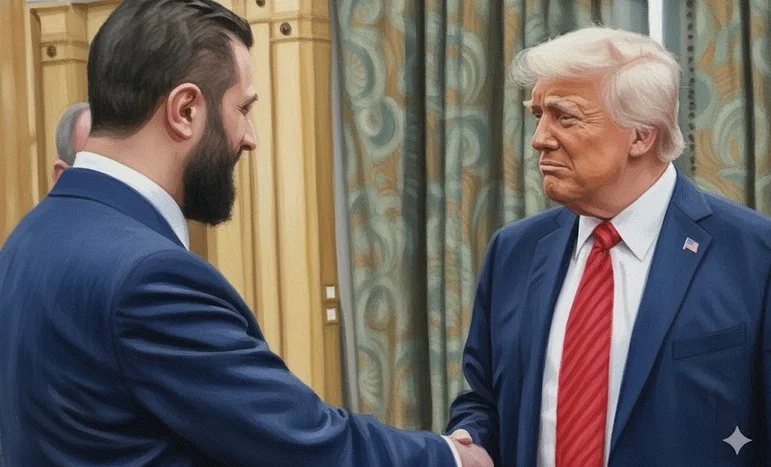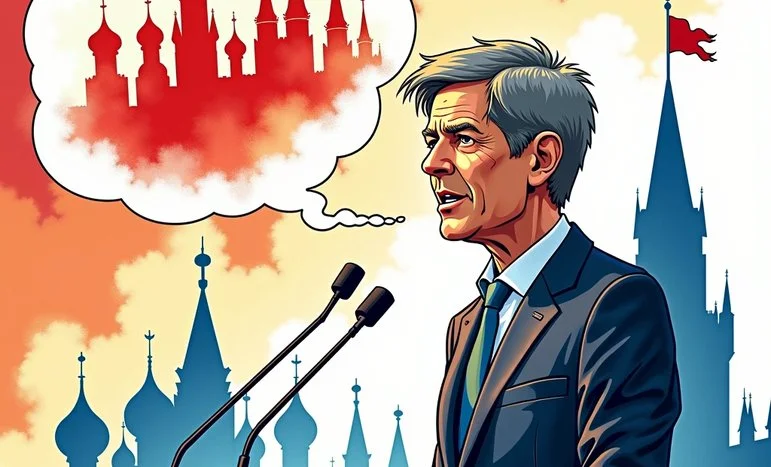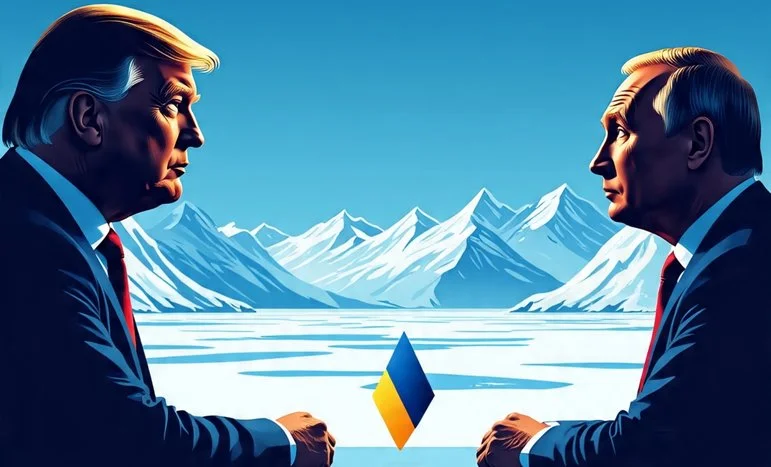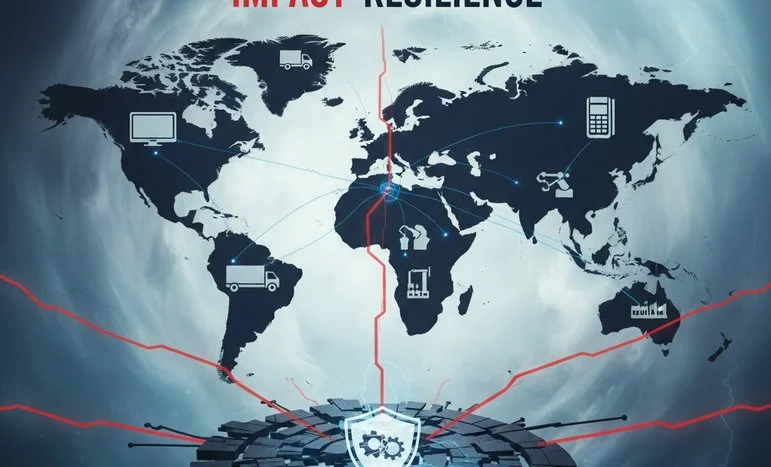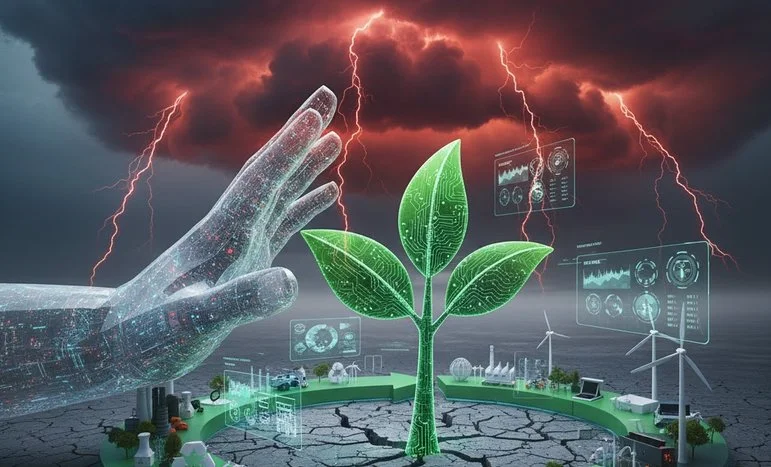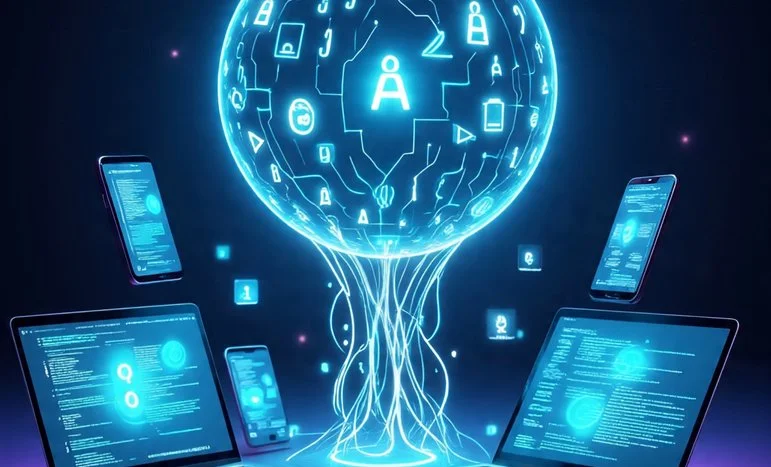
The Future of AI: One Universal Language for All Applications
The Future of AI: One Universal Language for All Applications
Today’s digital world is fragmented across many programming languages:
- Web developers rely on HTML, CSS, JavaScript.
- Android apps are built with Kotlin or Java.
- iOS requires Swift or Objective-C.
- Desktop, IoT, and AI systems all have their own stacks.
This diversity is powerful but inefficient. Developers spend years learning multiple ecosystems, while companies maintain separate teams for each platform.
🌐 Enter General AI (Post-2050 Vision)
According to IBM’s projections and wider industry speculation, General AI after 2050 may fundamentally change this reality. Instead of being bound by today’s languages, AI could create a universal AI-native specification language that works across all platforms.
In this future:
- A user describes an app in plain English (or gestures, or thoughts).
- General AI translates it into a Universal Intermediate Representation (UIR) — a semantic model of logic, UI, and data flow.
- Devices of all kinds (phones, browsers, AR glasses, cars) interpret this UIR through an AI Runtime Engine, rendering the app natively without separate codebases.
🔧 How It Works
-
Human Intent → Specification
Natural language input is converted into structured app intents. -
Universal Intermediate Representation (UIR)
A platform-neutral description of UI, logic, and data — no need for HTML, Kotlin, or Swift. -
AI Runtime Execution
Every device runs an AI-native runtime, which interprets UIR and produces the optimal user experience.
✅ Benefits
- One common language for all apps → no more fragmented ecosystems.
- Faster innovation → developers focus on ideas, not syntax.
- Self-optimizing code → AI adapts apps for performance and hardware automatically.
- Future-proof → new devices (AR, IoT, wearables) can run the same apps without re-coding.
🔮 Final Thought
If this vision materializes, the future of software development will be language-neutral. Instead of humans writing HTML, JS, Kotlin, or Swift, they will simply describe what they want — and General AI will do the rest.
This could be the last programming revolution: the birth of one AI-native universal language for all applications.
We appreciate that not everyone can afford to pay for Views right now. That’s why we choose to keep our journalism open for everyone. If this is you, please continue to read for free.
But if you can, can we count on your support at this perilous time? Here are three good reasons to make the choice to fund us today.
1. Our quality, investigative journalism is a scrutinising force.
2. We are independent and have no billionaire owner controlling what we do, so your money directly powers our reporting.
3. It doesn’t cost much, and takes less time than it took to read this message.
Choose to support open, independent journalism on a monthly basis. Thank you.
